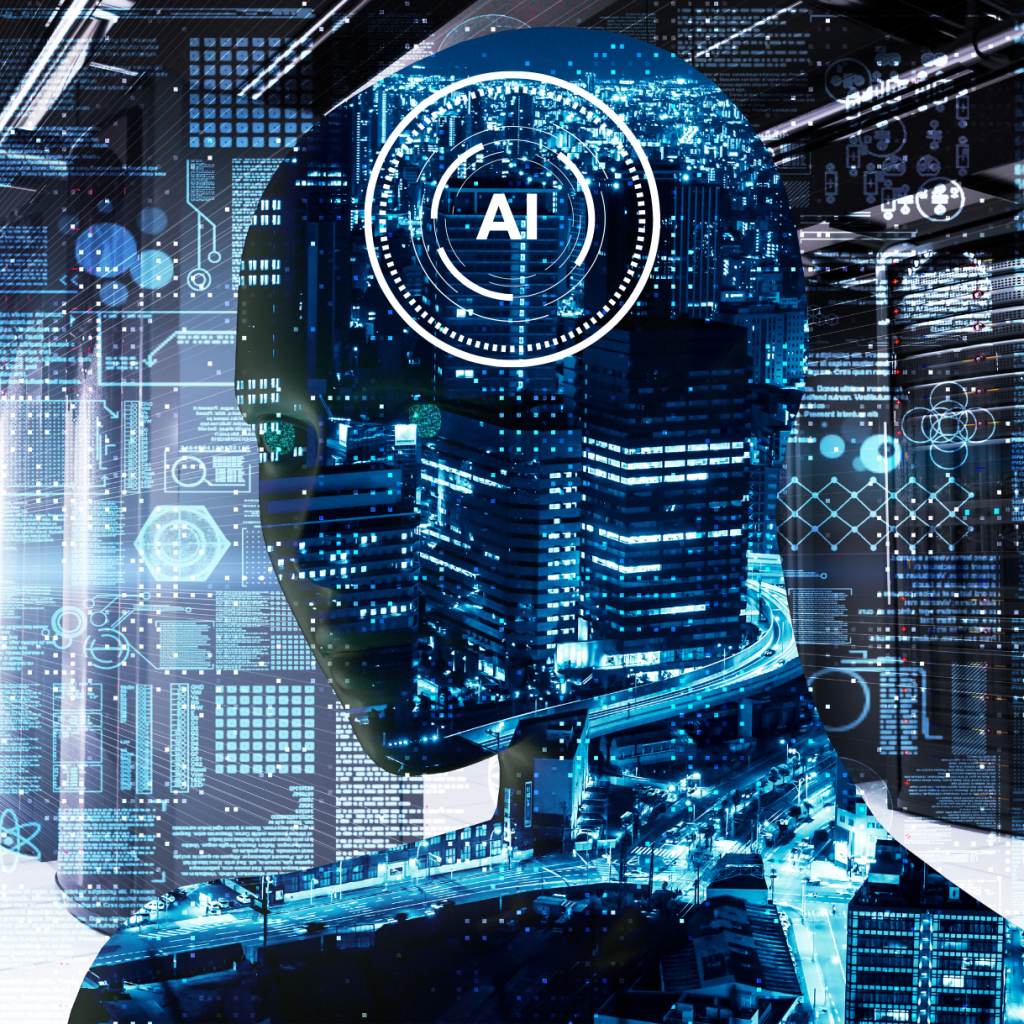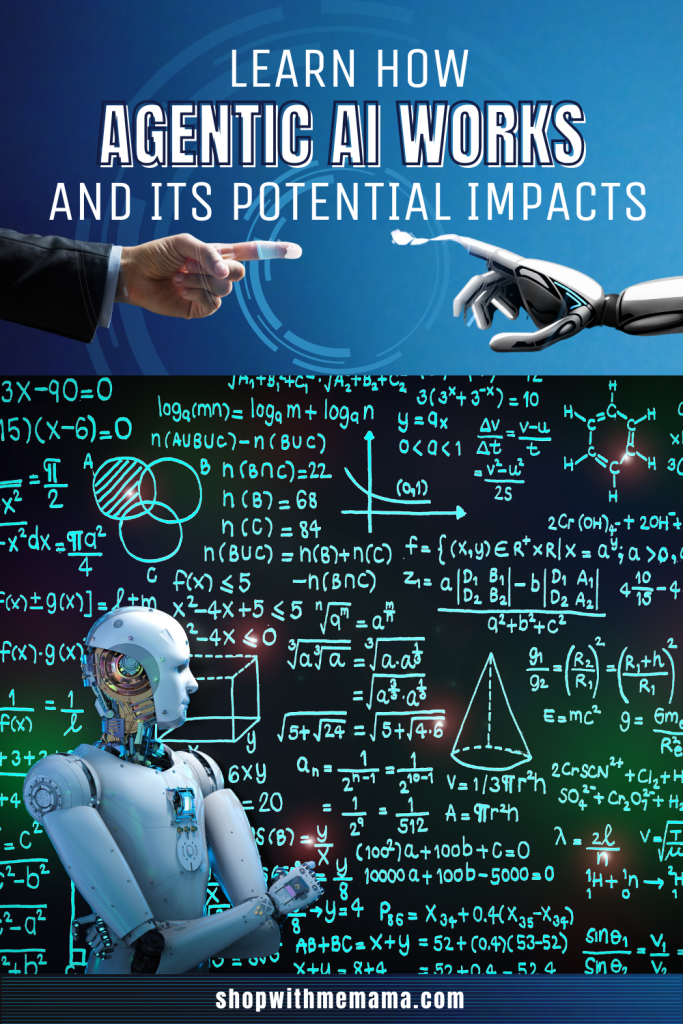AI is everywhere! So, today I wanted to talk about how Agentic AI Works and the potential impacts it may have. Artificial Intelligence (AI) is evolving rapidly, and one of the most intriguing developments in this field is the concept of agentic AI.

How Agentic AI Works and Its Potential Impacts
This type of AI refers to systems designed to make autonomous decisions, acting on behalf of humans with a degree of independence.
Understanding Agentic AI
Let’s talk about what Agentic AI is, first! Unlike traditional AI, which typically requires direct human input to function, agentic AI can assess situations, determine the best course of action, and execute tasks without continuous human oversight. This capability opens up a world of possibilities, as well as challenges.
How Agentic AI Works
At its core, agentic AI operates through a combination of advanced algorithms, machine learning, and neural networks. These systems are trained on vast datasets, enabling them to recognize patterns, understand contexts, and make informed decisions.
The key components of agentic AI include:
–Autonomous Decision-Making: The ability to make decisions independently is central to agentic AI. This requires sophisticated models that can weigh different factors, predict outcomes, and choose the best path forward, much like a human would in complex scenarios.
–Learning and Adaptation: Agentic AI systems are designed to learn from their experiences. They continuously update their knowledge base and refine their decision-making processes based on new data and feedback, making them more efficient over time.
–Goal-Oriented Behavior: These systems are typically programmed to achieve specific objectives, whether it be optimizing a process, solving a problem, or performing a task. They prioritize actions that align with these goals, adjusting their strategies as necessary.
–Interactivity and Communication: For agentic AI to function effectively, it must be able to interact with humans and other machines. This involves understanding natural language, interpreting commands, and providing feedback, ensuring smooth collaboration and integration into existing workflows.
Potential Impacts of Agentic AI
The emergence of agentic AI has significant implications across various sectors. While the potential benefits are considerable, there are also important ethical and societal considerations to address.
Transforming Industries
In industries such as healthcare, finance, and logistics, agentic AI can revolutionize operations by increasing efficiency and reducing human error.
For example, in healthcare, agentic AI can assist in diagnosing diseases, planning treatments, and managing patient care. In finance, it can enhance fraud detection, optimize trading strategies, and personalize customer service.
Enhancing Productivity
By automating routine tasks and providing intelligent support, agentic AI can free up human workers to focus on more creative and strategic endeavors.
This shift could lead to greater productivity and innovation, as employees are no longer bogged down by mundane activities.
Ethical and Societal Challenges
Despite its promise, agentic AI raises several ethical issues. The autonomy of these systems means they can make decisions that have significant consequences, raising questions about accountability and transparency.
There is a risk of unintended biases in decision-making processes, particularly if the AI systems are trained on biased data.
Privacy concerns also arise, as agentic AI often requires access to large amounts of personal data to function effectively. Ensuring that this data is used responsibly and securely is a critical challenge that developers and policymakers must address.
Shaping the Future Workforce
The integration of agentic AI into the workforce will inevitably lead to changes in job roles and skill requirements. While some jobs may be displaced, new opportunities will emerge, particularly in areas related to AI development, oversight, and maintenance.
It is important for education and training programs to adapt, equipping workers with the skills needed to thrive in an AI-augmented workplace.
Agentic AI represents a significant advancement in the field of artificial intelligence, offering the potential to transform industries, enhance productivity, and improve decision-making processes.
However, realizing these benefits requires careful consideration of the ethical and societal challenges it presents. By addressing issues such as accountability, bias, and privacy, we can harness the power of agentic AI responsibly and effectively, paving the way for a future where humans and intelligent systems work together harmoniously.
As we continue to explore the capabilities and limitations of agentic AI, it is important to remain vigilant, ensuring that this technology serves the greater good and contributes to a more equitable and prosperous society.
PIN IT!

Leave a Reply